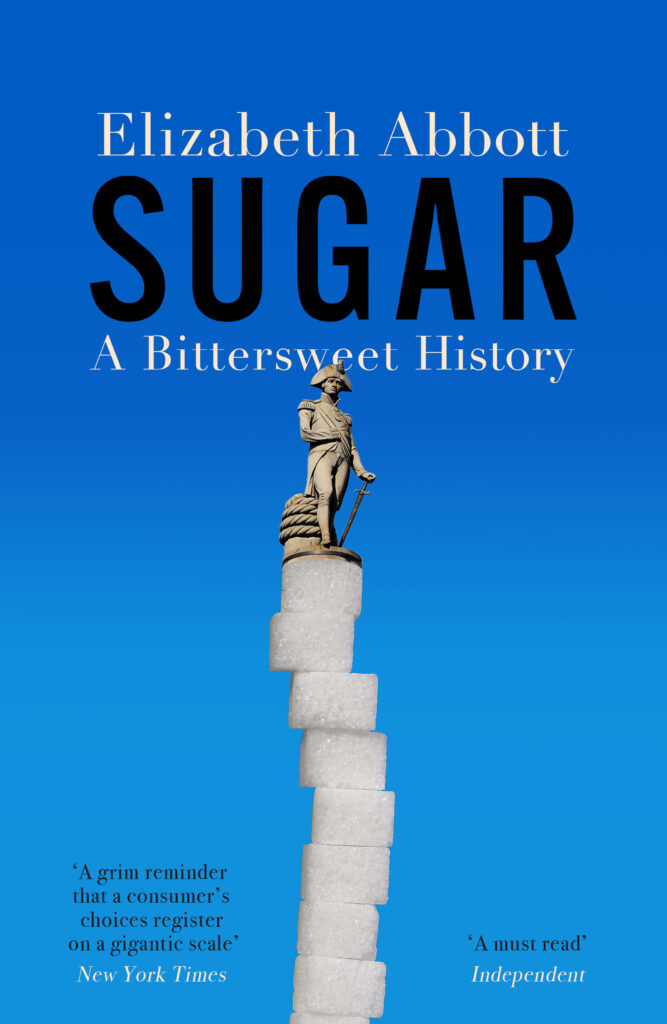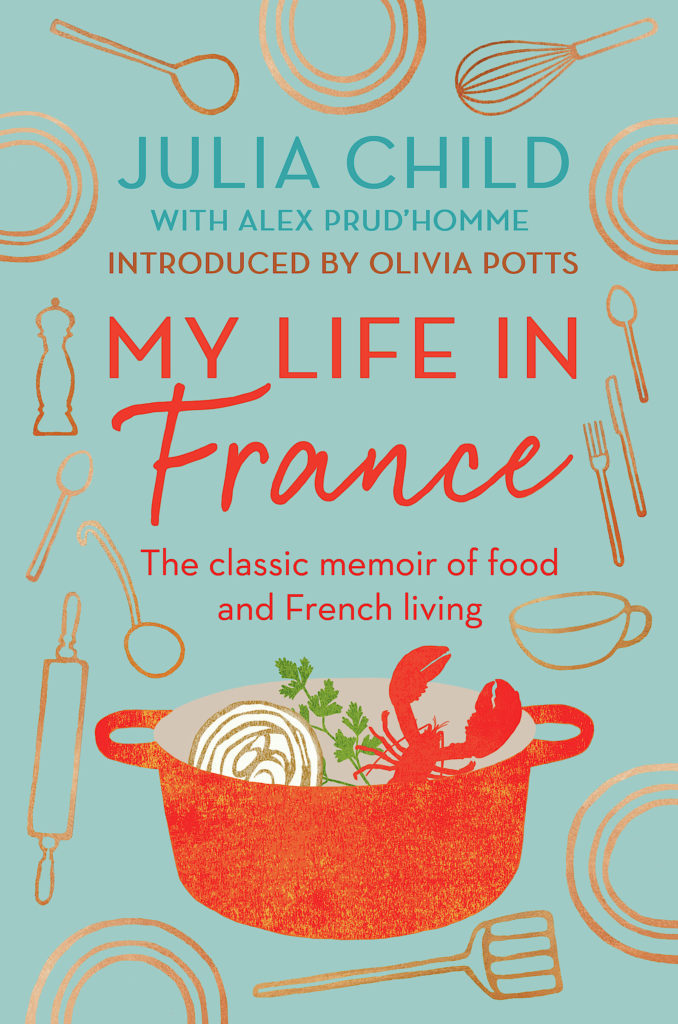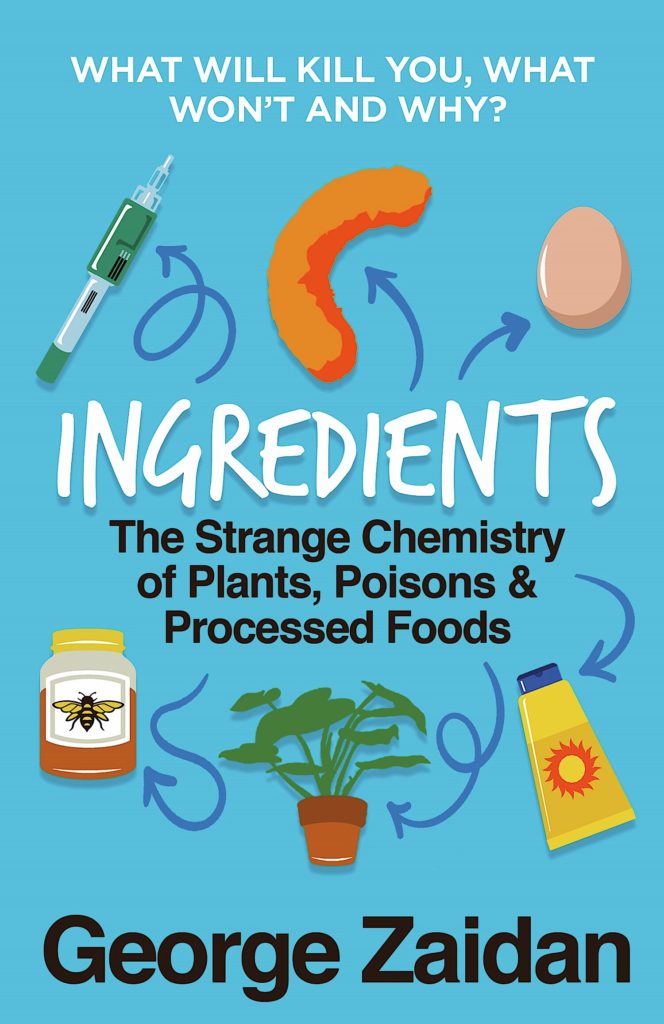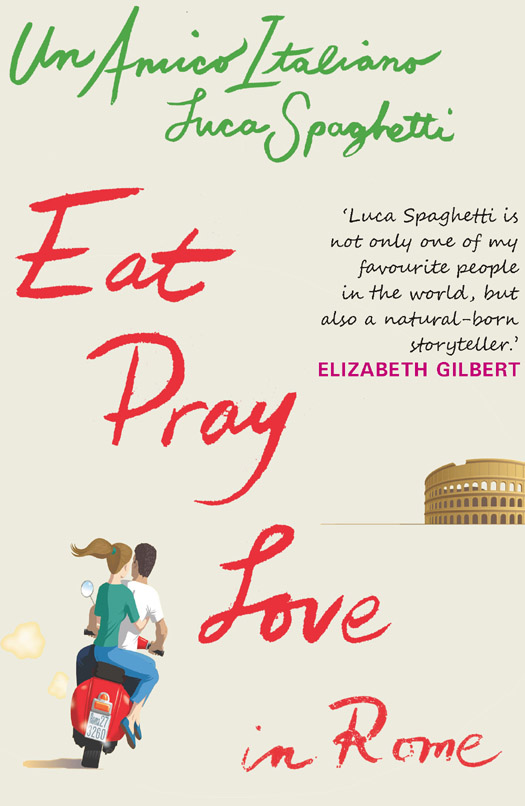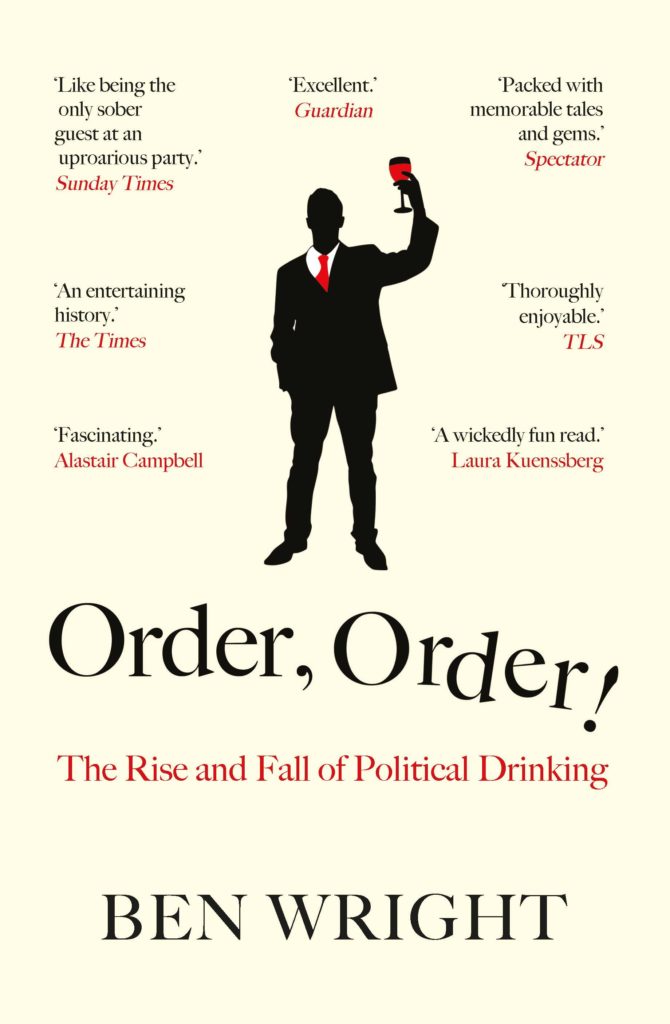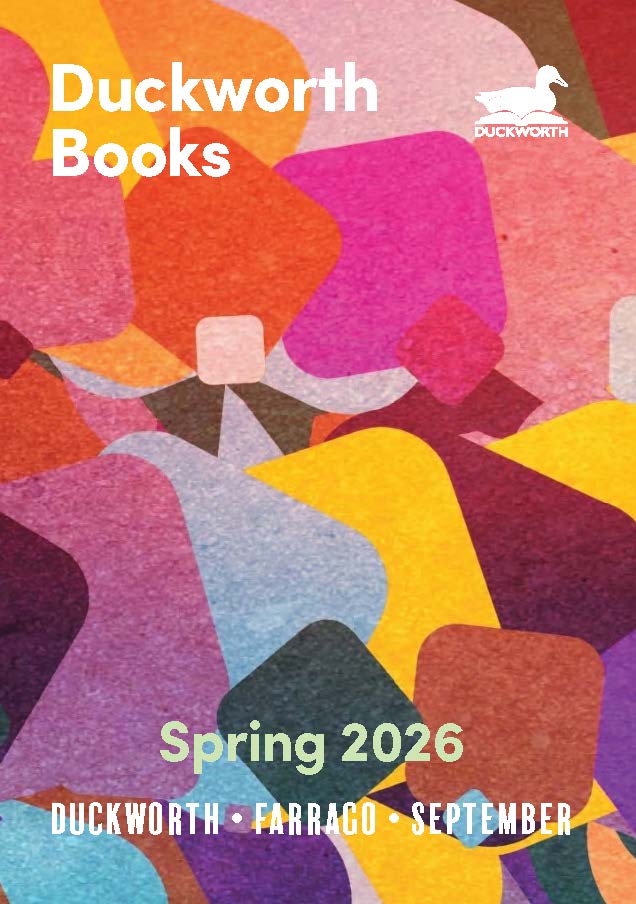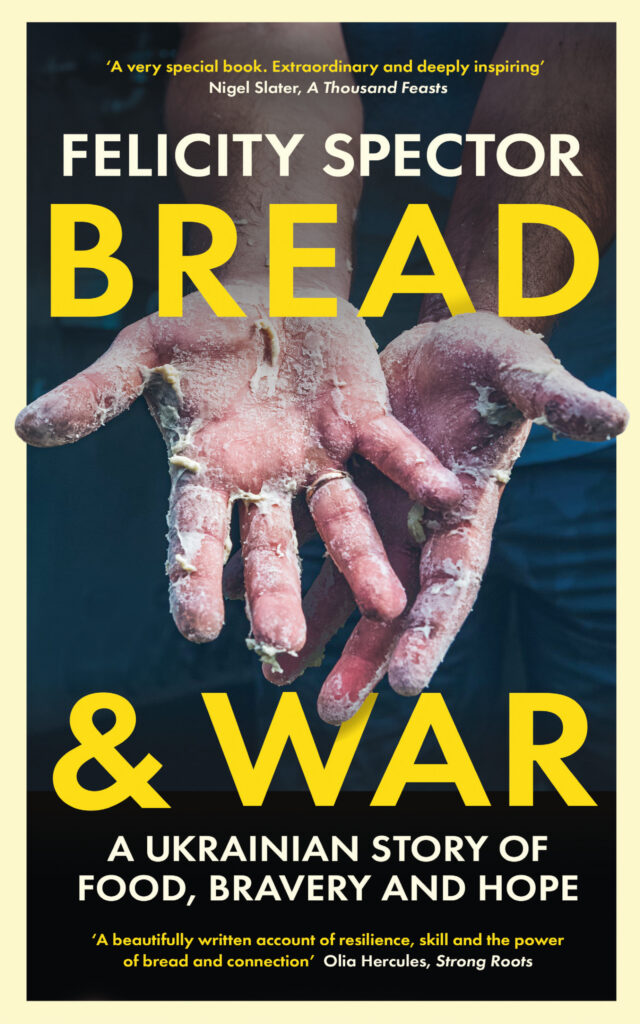
‘Stories of kindness, bravery and love shine from these pages’ Nigel Slater
‘A brave, necessary account of resilience and skill and the power of bread and connection’ Olia Hercules
How do you source, cook and take joy in food in the midst of war and loss?
Food is a weapon, a lifeline, a means of survival. Ukrainian food is also a powerful symbol of national identity and independence. This is a journey through mine-ridden, wrecked villages, repeatedly bombed cities, family kitchens and precarious small bakeries and cafes. Along the way news journalist and food writer Felicity Spector shares meals with soldiers, travels supply lines with volunteers and is fed incredible food by army cooks, fine bakers and home-cooking heroes.
The extraordinary stories of just some of those people – refugees and restaurateurs – trying to rebuild lives and kitchens after years of bombing, shows a very Ukrainian determination to provide good food for a besieged people.
